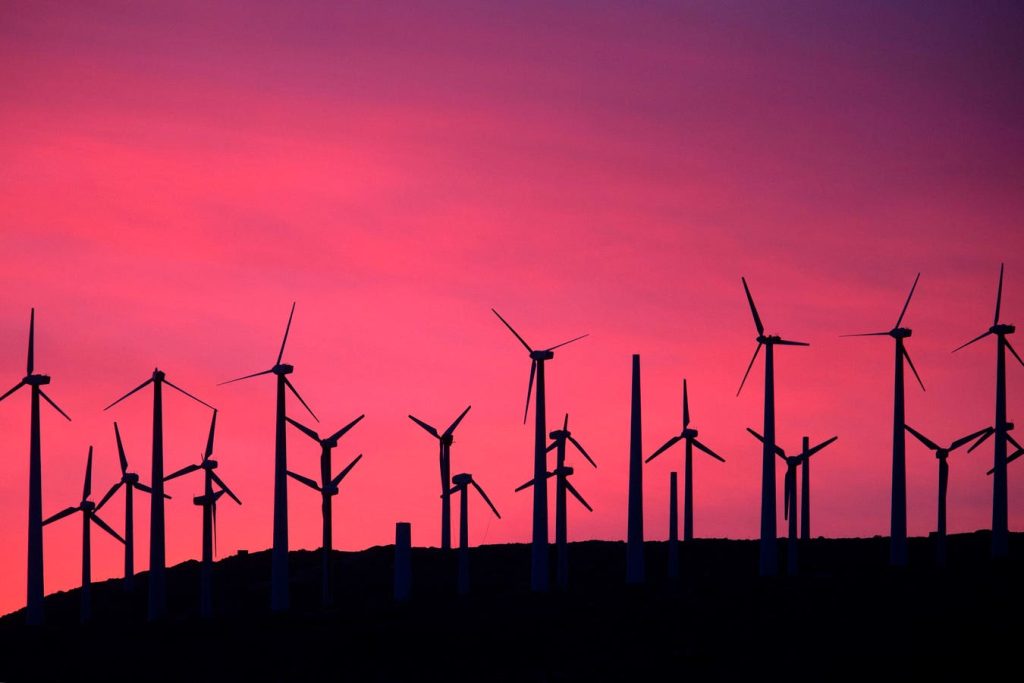As the world approaches the 2030 deadline for the Sustainable Development Goals (SDGs), progress has been made in achieving SDG 7, which focuses on energy. The goal is to ensure universal access to affordable, reliable, and modern energy services, increase the share of renewable energy in the global energy mix, and double the global rate of improvement in energy efficiency. Significant strides have been made, with 350 million people gaining access to electricity by the end of 2023, and a substantial increase in the share of renewables in the energy mix.
With only seven years left to meet the targets, there are key areas to consider for accelerating progress. One important lesson comes from countries like India, which has seen remarkable success in providing electricity access and developing renewable energy capacity. India’s approach to clean energy, driven by Prime Minister Narendra Modi’s vision, has been marked by political commitment and robust policies that have made renewable energy projects profitable without subsidies. Mobilizing finances has also been a success story for India, with households saving a third of GDP and reinvesting it in the financial system.
Amid the COVID-19 pandemic and geopolitical conflicts, the need to diversify supply chains with multiple and local sources has become evident. This localization focus has led to both positive and negative consequences, with initiatives like the Inflation Reduction Act and the EU Green Deal spurring climate action, but also increased trade barriers and protectionism. Developing multiple supply hubs with capabilities across the value chain is crucial, especially for developing countries facing resource constraints. This approach can help build resilience and ensure cost competitiveness in global supply chains.
The establishment of unified carbon markets is also essential for increasing investment in renewable projects and driving the global energy transition. With 36 carbon trading systems currently in place and over 20 under consideration, fragmented carbon markets are hindering capital flows to more efficient carbon projects. A unified carbon market could create efficiencies and scale in capital allocation, potentially transforming the energy transition landscape.
As the UN Decade of Sustainable Energy for All comes to a close, it is important to recognize the progress made and the work that lies ahead. Companies like ReNew, which have set up over 10 GW capacity of clean energy, play a crucial role in advancing the clean energy future. However, collective action, international collaboration, and continued commitment to sustainable energy are essential for achieving the SDGs by 2030. By learning from success stories, developing multiple supply hubs, and establishing unified carbon markets, the world can accelerate the transition towards a more sustainable and equitable energy future.


